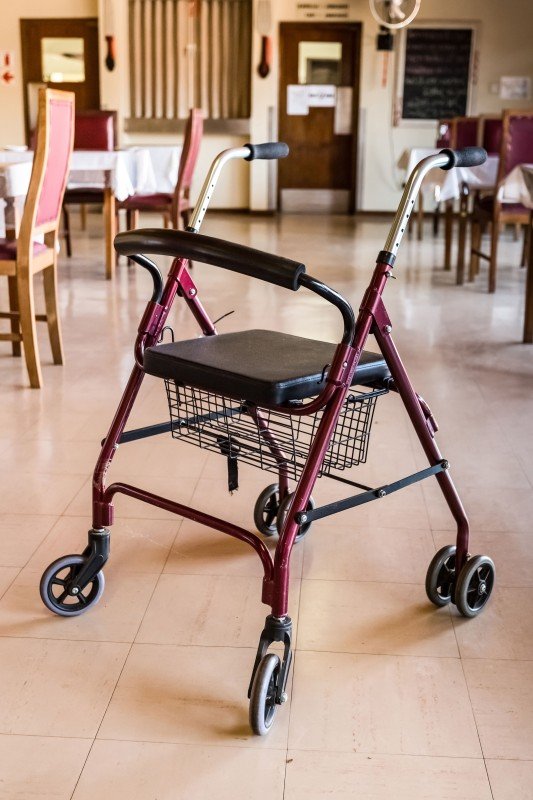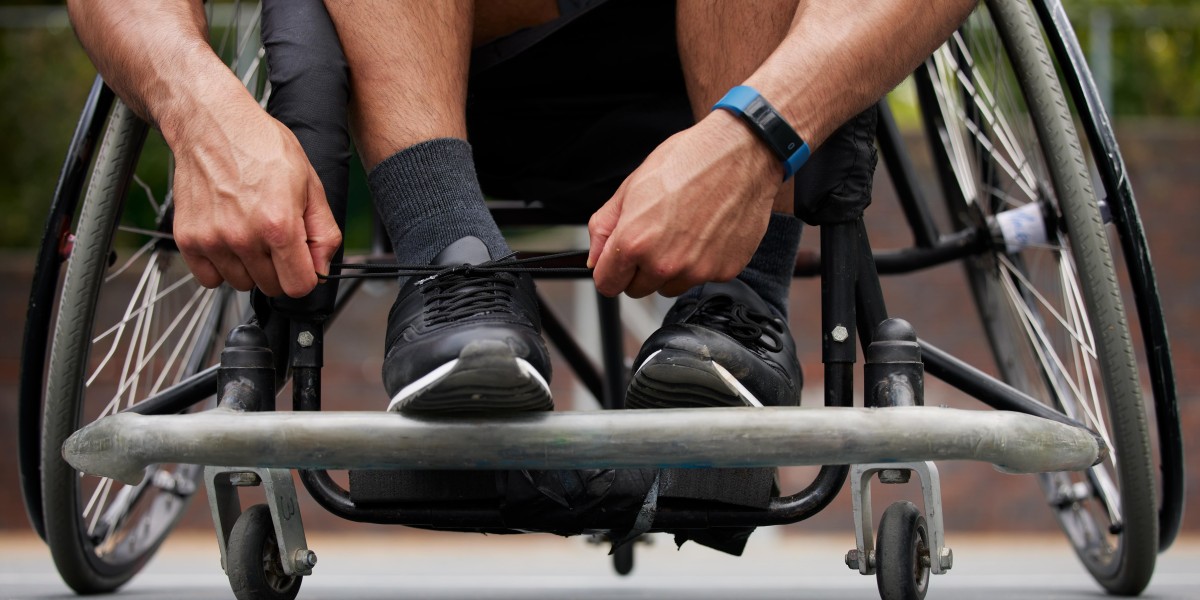Mobility Scooters in the UK: A Comprehensive Guide
In the United Kingdom, mobility scooters are ending up being an increasingly popular methods of transportation for individuals with mobility concerns, offering them with the flexibility to navigate their communities independently. These motorized automobiles are designed to assist those who have trouble walking or utilizing a manual wheelchair, using a practical and comfy service for day-to-day travel. This short article explores the world of mobility scooters in the UK, exploring their benefits, legal requirements, and how to choose the right one.

Intro to Mobility Scooters
A mobility scooter is a battery-powered car that typically has three or 4 wheels, a seat for the motorist, and handlebars for steering. They are created to be simple to use and maintain, making them ideal for older grownups and individuals with impairments who desire to maintain their independence. Mobility scooters come in different sizes and models, each accommodating different needs and preferences.
Advantages of Mobility Scooters
- Increased Independence: Mobility scooters enable users to travel longer distances without the physical pressure connected with walking or using a manual wheelchair. This self-reliance can significantly enhance their lifestyle.
- Cost-Effective: Compared to other motorized automobiles, mobility scooters are relatively budget-friendly. They also need very little upkeep, which can conserve users a lot of cash in the long run.
- Reduce of Use: Most mobility scooters are designed to be user-friendly, with user-friendly controls and comfortable seating. They are typically lightweight and can be easily disassembled for transport.
- Improved Social Interaction: By making it possible for users to venture out more frequently, mobility scooters can assist decrease feelings of isolation and solitude, promoting social connections and community participation.
- Boosted Safety: Mobility scooters are geared up with features such as headlights, brake lights, and horns, making them safer for use on roads and in public spaces.
Kinds Of Mobility Scooters
When choosing a mobility scooter, it's essential to consider the type that best matches your requirements. Here are the primary types readily available in the UK:
Class 2 Mobility Scooters:
- Speed: Limited to 4 miles per hour (6.4 km/h)
- Usage: Suitable for pavements and pedestrian locations
- Features: Compact and lightweight, foldable for simple transport
Class 3 Mobility Scooters:
- Speed: Can rise to 8 miles per hour (12.9 km/h)
- Usage: Suitable for both pavements and roads, supplied they are signed up and guaranteed
- Functions: Sturdier build, frequently with advanced functions like suspension and larger batteries
Strong Mobility Scooters:
- Capacity: Designed to support users weighing as much as 400 pounds (181 kg)
- Usage: Ideal for those who need a robust and long lasting scooter
- Features: Reinforced frame, broader seat, and enhanced stability
Off-Road Mobility Scooters:
- Terrain: Built to manage rough and unequal surface areas
- Usage: Suitable for users who take pleasure in outside activities like treking or fishing
- Features: All-terrain tires, high ground clearance, and powerful motors
Legal Requirements for Mobility Scooters in the UK
Using a mobility scooter in the UK includes particular legal responsibilities. Here are the bottom lines to consider:
- Registration and Insurance:
- Class 2 Scooters: No registration or insurance coverage required
- Class 3 Scooters: Must be signed up with the DVLA, guaranteed, and display a legitimate MOT certificate if utilized on roadways
- Motorist Requirements:
- Age: Users must be at least 14 years old
- Health: No specific health conditions are needed, however users should have the ability to manage the scooter safely
- Speed Limits:
- Class 2 Scooters: 4 miles per hour (6.4 km/h) on pavements
- Class 3 Scooters: 8 miles per hour (12.9 km/h) on roadways, 4 miles per hour on pavements
- Security Equipment:
- Lights: All scooters utilized on roadways should have front and rear lights, indications, and a horn
- Reflectors: Required for usage on roads, particularly during low presence conditions
- Tax and Parking:
- Tax: Class 3 scooters are exempt from lorry tax
- Parking: Users can park in designated disabled parking spaces with a legitimate Blue Badge
How to Choose the Right Mobility Scooter
Choosing the right mobility scooter includes considering numerous elements:
Mobility Needs:
- Range: How far do you need to travel?
- Surface: Will you be using the scooter on pavements, roads, or off-road?
- Weight Capacity: What is the maximum weight the scooter needs to support?
Budget:
- Initial Cost: Mobility scooters can vary from a few hundred to a number of thousand pounds
- Continuous Costs: Consider the expense of batteries, upkeep, and insurance coverage
Features:
- Comfort: Look for a scooter with a comfy seat and adjustable controls
- Storage: Some scooters use extra storage for shopping bags or individual items
- Portability: If you need to transfer the scooter, choose a design that is light-weight and collapsible
Reputation and Support:
- Brand: Research reputable brands known for their quality and reliability
- Service warranty: Check the service warranty period and what it covers
- Client Support: Ensure the producer or retailer offers good consumer assistance and service
Frequently Asked Questions About Mobility Scooters in the UK
Do I need a license to drive a mobility scooter?
- No, you do not require a driving license to run a mobility scooter in the UK. However, Class 3 scooters should be registered with the DVLA and guaranteed if used on roadways.
Can I utilize a mobility scooter on the pavement?
- Yes, both Class 2 and Class 3 scooters are enabled on pavements, but Class 3 scooters are restricted to 4 mph.
Exist any restrictions on where I can utilize a mobility scooter?
- Class 2 scooters are limited to pavements and pedestrian areas. Class 3 scooters can be utilized on roads, but they must fulfill certain legal requirements.
How do I maintain my mobility scooter?
- Routine upkeep consists of examining battery levels, tire pressure, and brake performance. It's likewise essential to clean the scooter frequently and store it in a dry location.
Can I get a mobility scooter through the NHS?
- The NHS provides mobility scooters through the Disabled Living Allowance (DLA) or Personal Independence Payment (PIP). You can likewise acquire or lease a scooter from a private retailer.
Is a mobility scooter tax-deductible?
- In many cases, the expense of a mobility Scooter uk scooter can be claimed as a medical expense. Seek advice from a financial consultant for particular assistance.
Tips for Using a Mobility Scooter Safely
- Use Appropriate Clothing:
- Wear comfy and weather-appropriate clothes. Think about using a high-visibility coat when utilizing the scooter on roadways.
- Preserve the Scooter:
- Regularly examine the battery, tires, and brakes to ensure the scooter is in good working condition.
- Follow Traffic Rules:
- Obey traffic signs and signals, and utilize designated pedestrian and cycle courses when possible.
- Use Safety Equipment:
- Always utilize the headlights, brake lights, and horn, specifically during low exposure conditions.
- Bear in mind Others:
- Be considerate to pedestrians and other road users. Decrease when approaching crowded areas.
Mobility scooters are a valuable tool for individuals in the UK who face mobility challenges. They use a variety of advantages, from increased independence to enhanced security, making them a popular option for older adults and people with disabilities. By comprehending the various types of scooters, legal requirements, and how to select the ideal one, users can take pleasure in the liberty and convenience these lorries supply. Whether for day-to-day errands or leisure activities, a mobility scooter can substantially improve the quality of life for lots of people.
Additional Resources
- DVLA Website: For info on signing up and insuring a Class 3 mobility scooter
- Age UK: Offers recommendations and assistance for older adults thinking about a mobility scooter
- Disability Rights UK: Provides assistance on accessing mobility scooters through financial assistance programs
By taking the time to research study and select the ideal mobility scooter, users can delight in higher self-reliance and a more active lifestyle.








